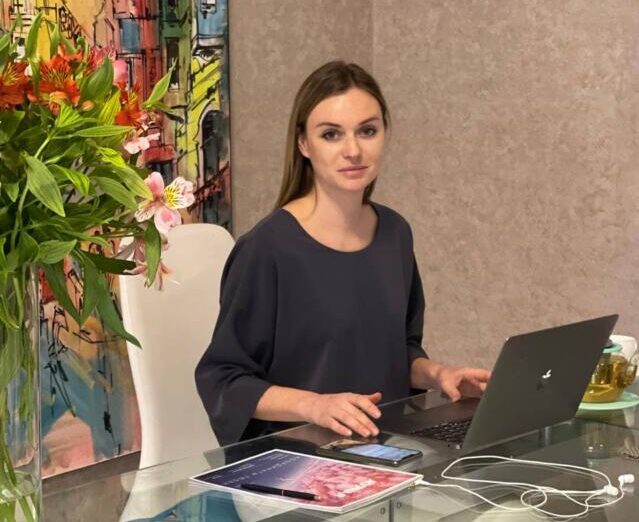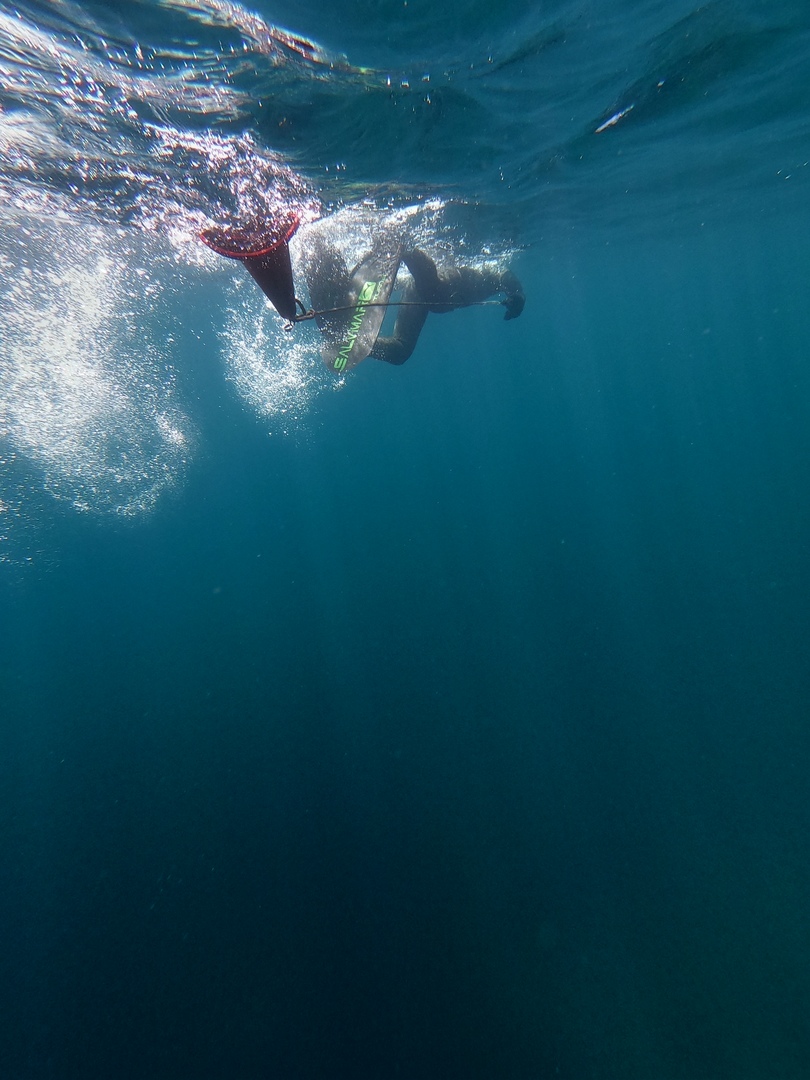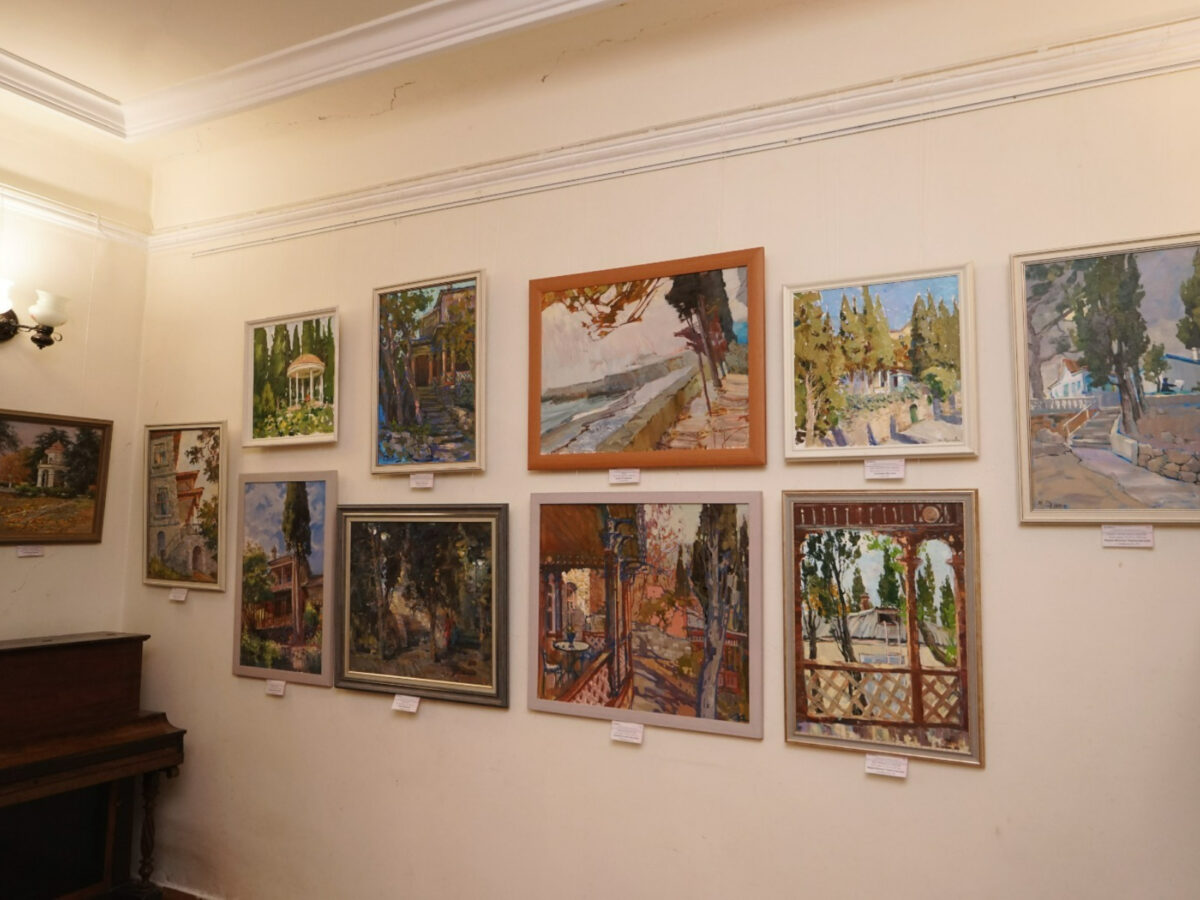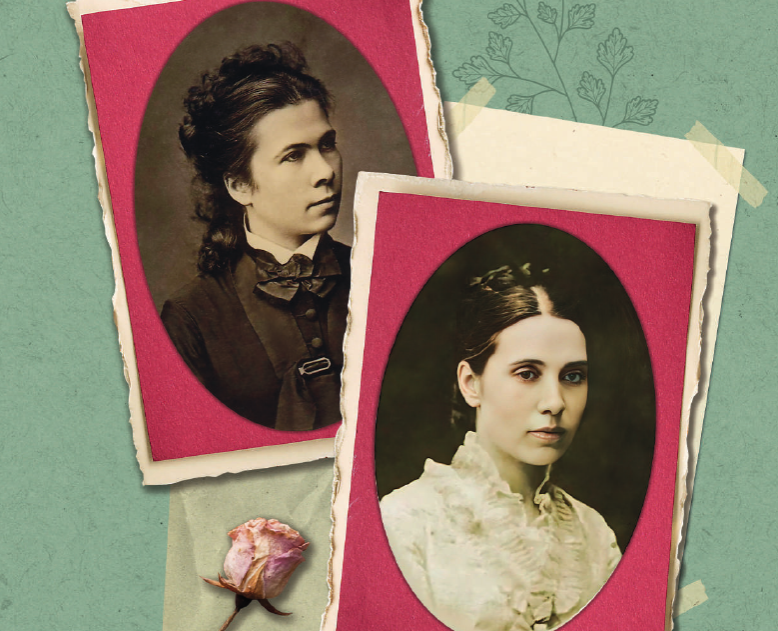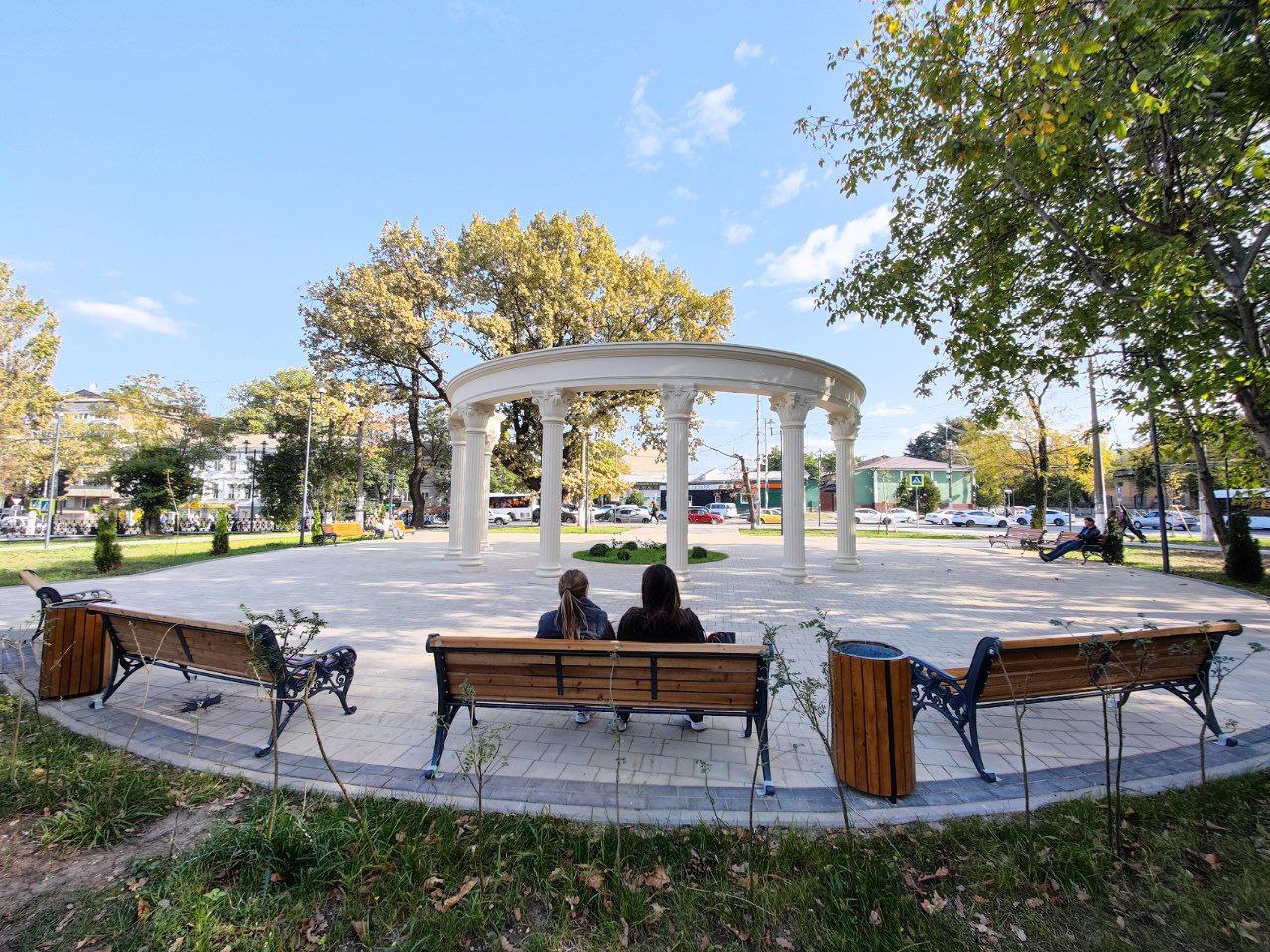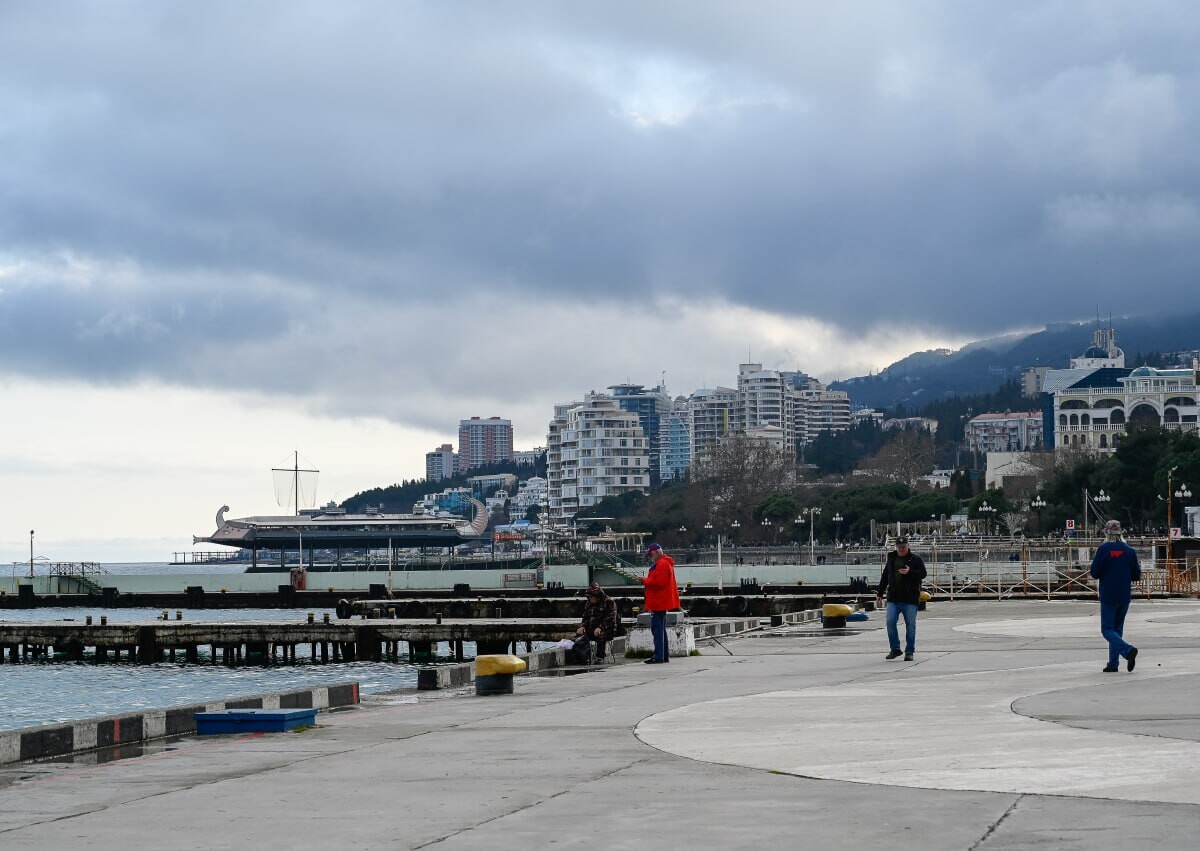The representatives of the non-governmental organizations of Ukraine and official representatives of certain countries talked not about the declared topic, but discussed Crimea and choice of Crimeans at the ordinary OSCE conference. The way the OSCE understands the freedom of speech and expression, which concepts this organization advocates so much, remains a mystery.
The Head Editor of the “Crimean Newspaper” holding company Maria Volkonskaya took part in the international meeting on the human rights, media freedom and gender equality.
The event was being held online and its organizers were OSCE Chairpersonship on Freedom of the Media and OSCE Office for Democratic Institutions and Human Rights. The Supplementary Human Dimension Meeting (SHDM) on Media Freedom and Gender Equality is the platform on sharing of opinions between the OSCE participating states, OSCE institutions, civil society and other international organizations on the issues related to the media freedom and gender equality.
A number of problems were discussed at the conference, including the issues of gender equality and right to freedom of expression due to the increasing role of the digital technologies and as a result — it’s the appearance of negative aspects linked with gender-based online violence. The common attention had to be paid to journalistic ethical codes and protection of women, who are engaged in that area, from different discriminatory practices, including within the Internet space.
However, those media freedoms were violated once again and disrespect was shown to the conference participants from Crimea at the event devoted to the topics that were so important for the world community. In a point of fact, when Maria Volkonskaya took the floor, the report was interrupted by the Ukrainian representative, who demanded from the organizers to prohibit the speech of the residents of Crimea. After the technical break, the representatives of the OSCE allowed the Crimean delegates to have the floor, but they limited the spokeswoman in time.
Once again, Kiev doesn’t miss an opportunity to politicize the issue connected with Crimea and suddenly even discussing of issues of gender inequality within the media field became the arena for absurd attacks from Ukraine. The opponents didn’t appeal against the report, as they forgot about the topic and simply tried to block the speech of the representatives of Crimea. It is significant that after the Ukrainian objection, the vector had truly shifted and when the delegates of USA, Canada, EU and Great Britain were summing up, they were exactly guided by the geopolitical environment more heavily than by the wish to get acquainted with the real situation on the issue of respecting rights of female journalists in the media field of Crimea. When Maria Volkonskaya tried to take the floor to counter the conclusions of the European colleagues — first, the event organizers turned off her microphone and then they removed her from the Zoom conference.
Meanwhile, in her brief statement, Maria Volkonskaya mentioned that the European community could take a cue from Crimea, which was the region, where the issues of freedom of expression and gender inequality in journalism didn’t have such a serious impact, which the Western counties did face with.
“In our republic, we even have got the catch phrase in the professional journalistic field, such as: “The Crimean press has the female face”. At the time when the European countries make significant efforts, adopt programs for providing female journalists with more career opportunities, so talking about us, we can boast of having a lot of women holding leading positions in the media field and authority bodies supervising the information policy for many years”, — Maria Volkonskaya stressed.
As a spectacular example, Maria Volkonskaya listed the periodical outlets and TV channels headed by females. Herewith, she noticed that first of all, the work of Crimean journalists was evaluated due to the professional skills. Furthermore, it was pointed out that there were no problems on the gender basis in preparation of young journalists and the recently established Institute of Media Communications at the Crimean Federal University and the Faculty of Journalism are also headed by women.
“I can say it for sure that if Europe is just moving to the gender equality, then we have already reached it in Crimea. Regarding the equal opportunities related to seeking, receiving and imparting of information, so dear colleagues, I want to assure you all that nobody oppresses journalists neither on a gender, national, language nor any other basis — neither online nor offline! It’s already ridiculous to hear any statements our opponents make, as you perfectly understand that they resort to any opportunity to put a slur on Crimea in the eyes of the international community”, — Head Editor commented on the incident provoked by the Ukrainian ill-wishers at the OSCE conference.
Maria Volkonskaya invited the European colleagues to visit Crimea, where they would be able to assure themselves that the gender problem in the media field didn’t exist and they would get an opportunity to learn from Crimeans how to solve such important problems.
At the same time, the second spokeswoman was the Chairwoman of the Ukrainian Community of Crimea Anastasia Gridchina noted that being a chief of the national information resource, she received online threats against herself that were sent to her by radicals living in Ukraine. Such a reaction emerged because of the news reports published by the media outlet, but the extremists from the neighbor country didn’t share the opinion of the information resource.
Though, the conference was devoted to the gender inequality and decisions, which could let females successfully work in the media field and express their ideas freely, but unfortunately that event demonstrated exactly the opposite thing. And it was no wonder, as many of the participants were males, who tried to look smart and talked about the gender equality and issues of females, who were engaged in the media field.
Reference: KIA

